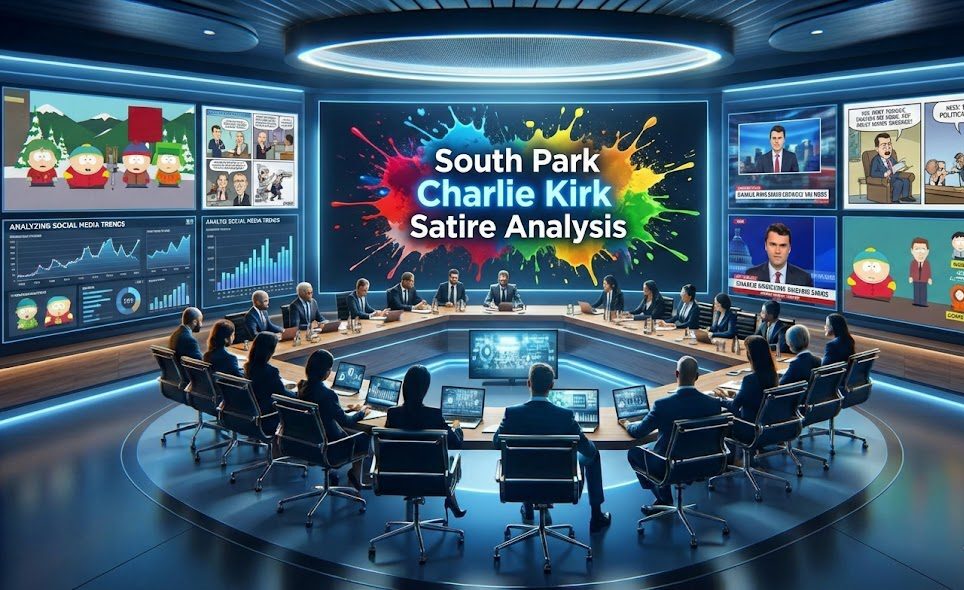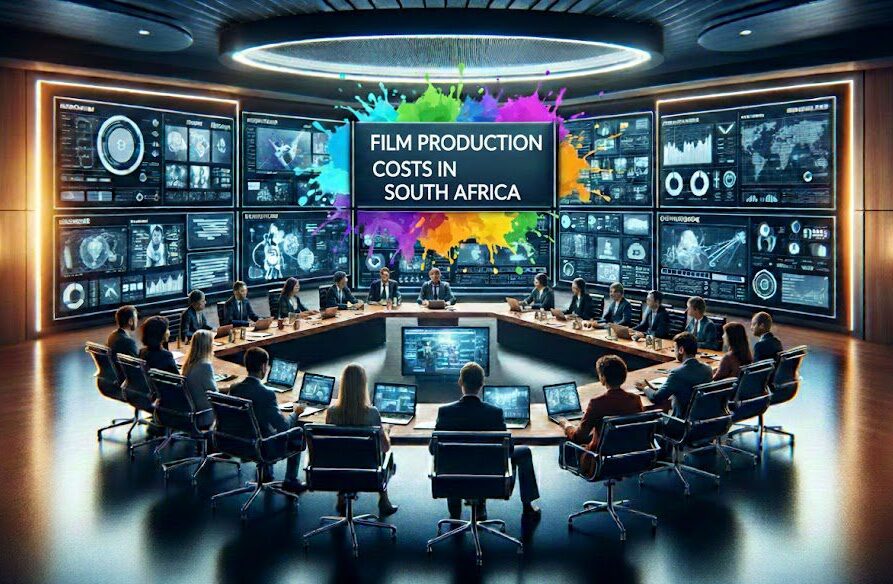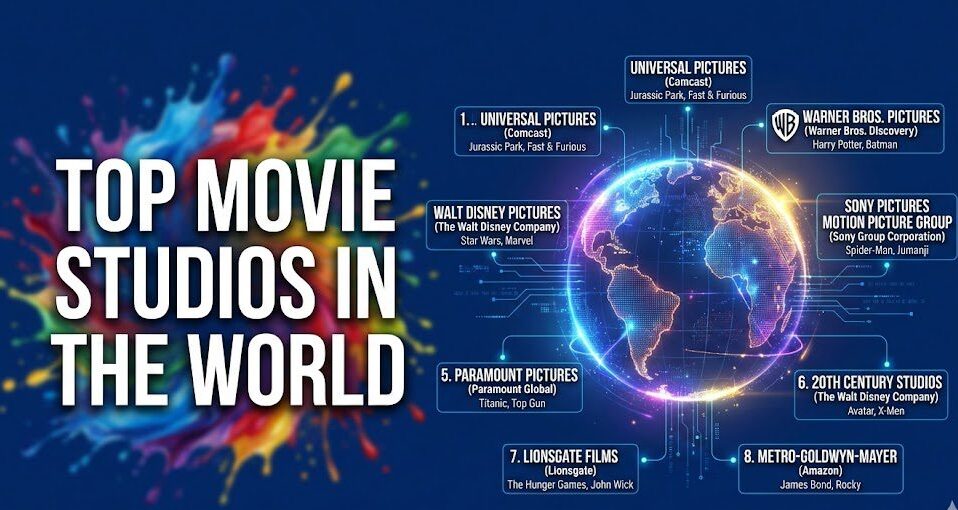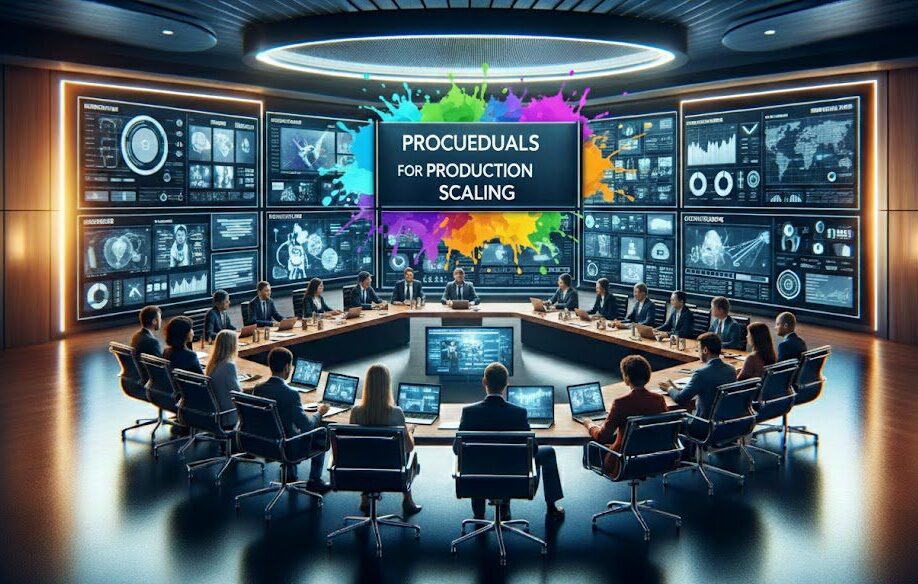Introduction
The entertainment industry thrives on intellectual property (IP)—from original screenplays and books to existing franchises, formats, and adaptations. But before a film or TV project makes it to the screen, it often goes through an IP and development deal, a crucial step that determines who owns the rights, who funds the project, and how it moves forward.
For production houses, content creators, distributors, and financiers, understanding IP and development deals is essential to securing the best opportunities and partnerships. These agreements shape everything from creative control to revenue-sharing, making them a key component of the global film and TV supply chain.
Access Global Film & TV Development Insights

What is an IP and Development Deal?
An IP and development deal is a formal agreement between creators, studios, production companies, or investors that governs the rights, funding, and development process of a creative property. These deals determine ownership, licensing, and revenue-sharing before a project moves into production.
For instance, a filmmaker with an original screenplay may sign a development deal with a studio, allowing the studio to fund early-stage production while negotiating terms for ownership and distribution.
Key Elements of an IP and Development Deal
Every IP development deal is unique, but most include the following critical elements:
- Ownership and Rights – Specifies who retains control over the IP and how it can be used.
- Financial Terms – Details payments, royalties, and revenue-sharing agreements.
- Creative Control – Defines who has the final say on scripts, casting, and production changes.
- Duration & Termination – Outlines the timeframe and conditions under which the deal can end.
- Exclusivity – Determines whether the IP owner can negotiate with other studios or partners.
Why IP Development Deals Matter in Film and TV
IP development deals play a crucial role in the entertainment industry, impacting:
- Funding & Financing – Many films and TV shows rely on development funding to get off the ground.
- Content Ownership – Studios and networks secure exclusive rights to promising projects.
- Talent & Partnerships – These deals attract top writers, directors, and production teams.
- Marketability – IP-based projects, such as adaptations of books or games, often have built-in audiences.
Connect with Key Executives & Content Financier

How IP Rights are Structured
There are different ways to structure IP rights in a development deal:
- Full Buyout – A studio purchases all rights to the IP.
- Option Agreement – The studio secures the right to develop the IP within a set timeframe.
- Co-Production – Multiple entities share development, financing, and production responsibilities.
- Revenue-Sharing – The original creator retains some ownership and profits from future earnings.
Types of IP Development Deals
1. Studio Development Deals
A studio funds the scriptwriting, research, and early production phase while retaining full control over the project.
2. Independent Producer Deals
Producers develop an IP independently before pitching it to studios or streamers.
3. First-Look & Overall Deals
A company (often a streaming platform or major studio) gets the first right to buy or collaborate on an IP from a specific creator.
4. Work-for-Hire Agreements
A creator is hired to develop an IP, but the hiring company owns all rights.
Conclusion
IP and development deals are the foundation of the entertainment business, shaping how content gets created, funded, and distributed. Whether securing financing, negotiating rights, or establishing production partnerships, understanding the structure of these deals is crucial.
By leveraging platforms like Vitrina, industry professionals gain a strategic advantage in identifying, evaluating, and securing IP and development deals efficiently.
Frequently Asked Questions
Intellectual Property (IP) refers to creative works like films, TV shows, scripts, and concepts that can be legally owned and licensed.
A development deal secures funding and creative rights before a project enters production, often involving studios, producers, and investors.
Studios, production companies, content creators, and investors benefit by securing exclusive rights and generating revenue from developed IP.





































